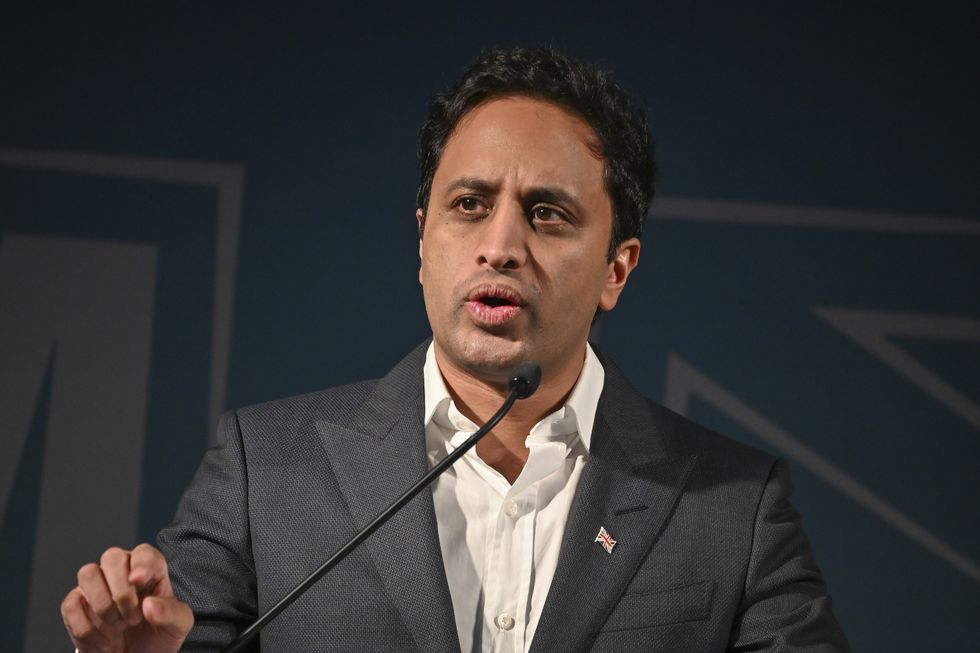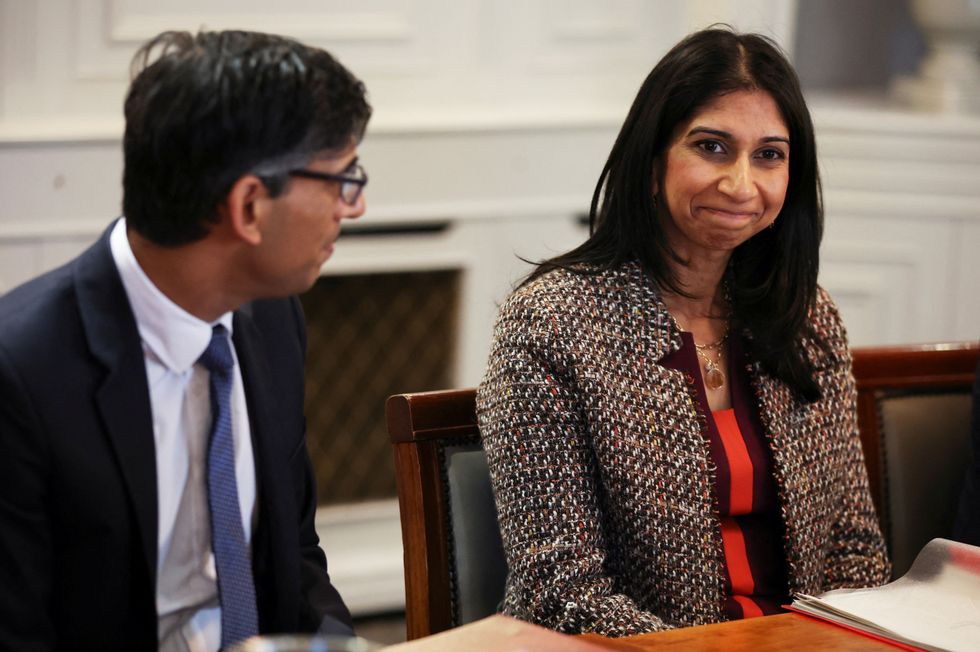The Royal Navy will stop migrant patrols on January 31 next year and will hand over operational control to Border Force, according to a media report.
The Ministry of Defence has conveyed its plans in this regard to ministers, The Telegraph reported.
Currently, the Navy coordinates Border Force and Coastguard boats to rescue migrants and bring them ashore.
Meanwhile, government figures on Sunday (14) revealed that at least 20,000 people have illegally crossed the English Channel in small boats this year, almost double the number that had made the crossing last year at this point.
In 2021, 28,526 people were detected arriving on small boats - with the highest number from Iran followed by Iraq, Eritrea and Syria. That was up from 8,466 in 2020, 1,843 in 2019, and 299 in 2018, contributing to the £1.5 billion annual cost of running Britain's asylum system.
The decision from the ministry comes only four months after prime minister Boris Johnson brought in the first Navy vessels to patrol the Channel.
MPs had already raised concerns about using the Navy as a 'super taxi service' for migrants. They added that its ships should be used for other key military duties.
The new stand by the Navy will be a 'dilemma' for the incoming prime minister. Liz Truss and Rishi Sunak have both said the Channel migrant crisis will be a top priority.
They have pledged to pursue the Rwanda policy, and the favourite, Truss, has vowed to extend it to more countries.
“The Navy would need to continue to be involved in some way. The operation is taken much more seriously now they are involved," a Home Office source told The Telegraph.
“We need to show illegal immigration is being taken seriously. What kind of message would an ending of their involvement send to the traffickers?”
In April, the MoD was handed £50m by the government, with one 260ft offshore patrol vessel to support Border Force interceptions, six fast 45-knot training boats, and three rigid-hulled inflatables to shadow migrant boats and a Wildcat helicopter.
Last week, the ministry pulled the plug on an asylum camp at a base in North Yorkshire. Currently, the UK spends £3m a day on housing migrants in hotels.
The first deployments of the vessels in Operation Isotope coincided with Johnson unveiling plans to deport Channel migrants to Rwanda to claim asylum. However, the plan has so far been stymied by the courts.
Tobias Ellwood, the chairman of the Commons defence committee, said that the deployment of the Navy was to distract from the failure to stem the Channel migrant surge.
“The Navy is being sucked into an operation they should never have been involved in. This is not their terrain – this is Home Office, Coastguard, Border Force terrain. Secondly, our Royal Navy is absolutely overstretched at this critical time. It is preventing a whole series of other duties," Ellwood was quoted as saying by The Telegraph.
Tony Smith, an ex-Border Force director general, said he would have preferred the Army taking a role, exploiting its logistical capability to build processing centres.
A spokesperson for the UK government recently insisted that a strategy was needed to stop people "making dangerous, unnecessary and illegal journeys".
Britain argues that 90 per cent of the asylum seekers who make the journey are men, many of them economic migrants rather than genuine refugees.



















 Zia Yusuf
Zia Yusuf
 Sunak with Boris Johnson
Sunak with Boris Johnson Sunak with Suella Braverman
Sunak with Suella Braverman
 Former prime minister Rishi Sunak with his wife Akshata Murty (left), their children Anoushka and Krishna and his mother-in-law Sudha Murty (second from left) are pictured during their visit to the Taj Mahal in Agra last month
Former prime minister Rishi Sunak with his wife Akshata Murty (left), their children Anoushka and Krishna and his mother-in-law Sudha Murty (second from left) are pictured during their visit to the Taj Mahal in Agra last month